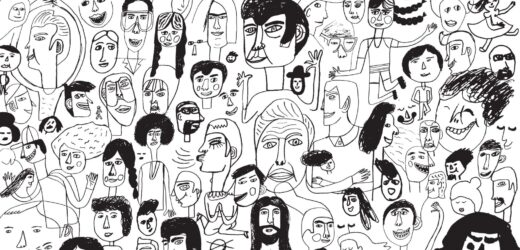An article in a recent issue of the International Journal of STEM Education has got me thinking about study habits and how little we know about how students study.
The article is open-access, and I encourage you to read it whether you teach in the STEM fields or not. But first, a synopsis: The research team used “a practice-based approach to focus on the actual study behaviors of 61 undergraduates at three research universities in the United States and Canada who were enrolled in biology, physics, earth science and mechanical engineering courses.” (p. 2) In small focus groups students responded to this prompt: “Please imagine for a moment how you typically study for this course—can you describe in as much detail as possible your study situation?” (p. 4) What these students reported is a good reason to read this article.
Another reason this research merits attention is the concern the researchers have with how we think about and research study behaviors. We tend to focus on parts of the study process—when students study, how long they study, what strategies they use when they study, and what strategies they should use. Hora and Oleson believe that studying is a collection of behaviors and thinking about them in isolation reduces the complex ways they interact. Their results support that belief. “Results indicate that studying is a multi-faceted process that is initiated by instructor or self-generated cues, followed by marshaling resources and managing distractions, and then implementing study behaviors that include selecting a social setting and specific strategies.” (p. 1)
As for the cohort consisting of students reporting on how they studied in STEM courses, the researchers note, “We are not suggesting that this account of studying is generalizable to all students but is a heuristic device for thinking about studying in a more multi-dimensional manner than is common at the present time.” (p. 15) So, what your students would say about how they study may well be different, but that’s another reason this is such a good article. As you make your way through it, you are constantly considering what you do and don’t know about how your students study.
Hora, M. T. and Oleson, A. K. (2017). Examining study habits in undergraduate STEM courses from a situative perspective. International Journal of STEM Education, 4 (1), 19 pages.
What Do Students Do When They Study?

Related Articles
I have two loves: teaching and learning. Although I love them for different reasons, I’ve been passionate about...
Could doodles, sketches, and stick figures help to keep the college reading apocalypse at bay?...
We’ve all faced it: the daunting stack of student work, each submission representing hours of potential grading. The...
Storytelling is one of the most powerful means of communication as it can captivate the audience, improving retention...
For some of us, it takes some time to get into the swing of summer. Some of us...
About a year ago, I decided to combine the ideas of a syllabus activity and a get-to-know-students activity....
The use of AI in higher education is growing, but many faculty members are still looking for ways...








